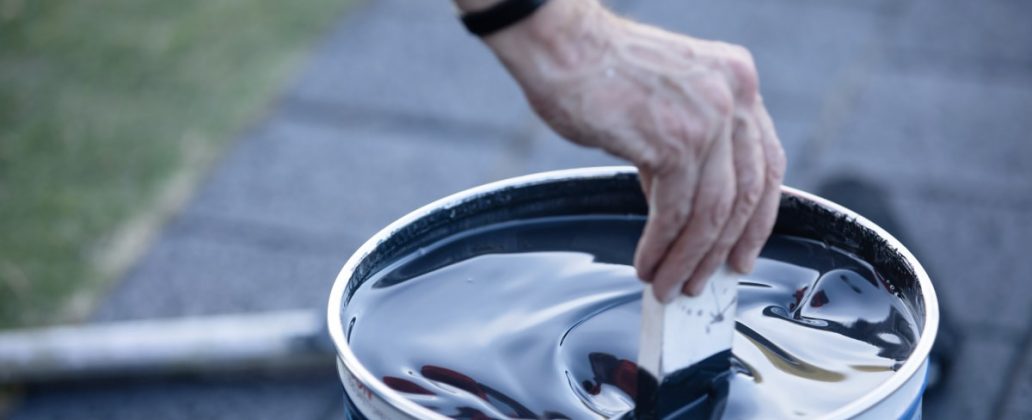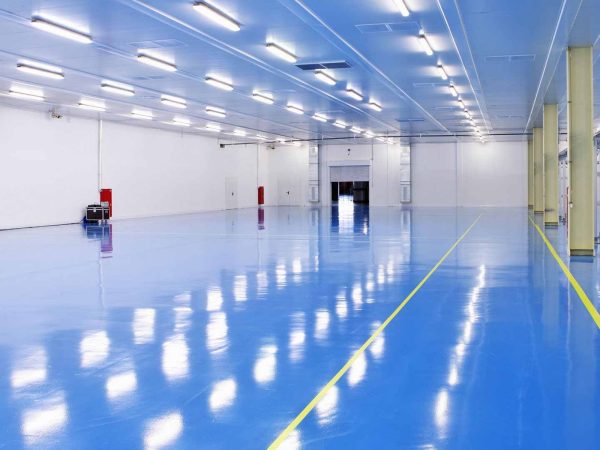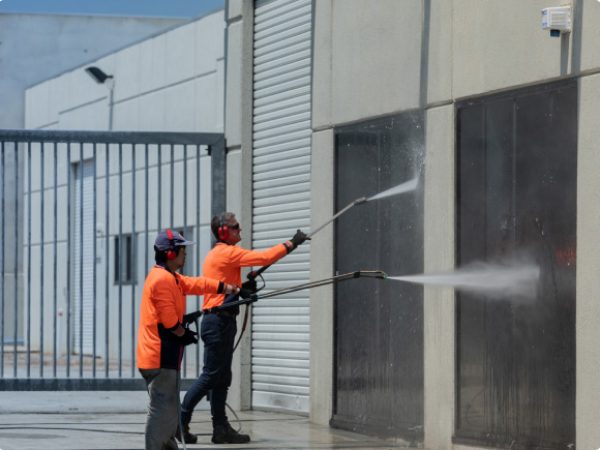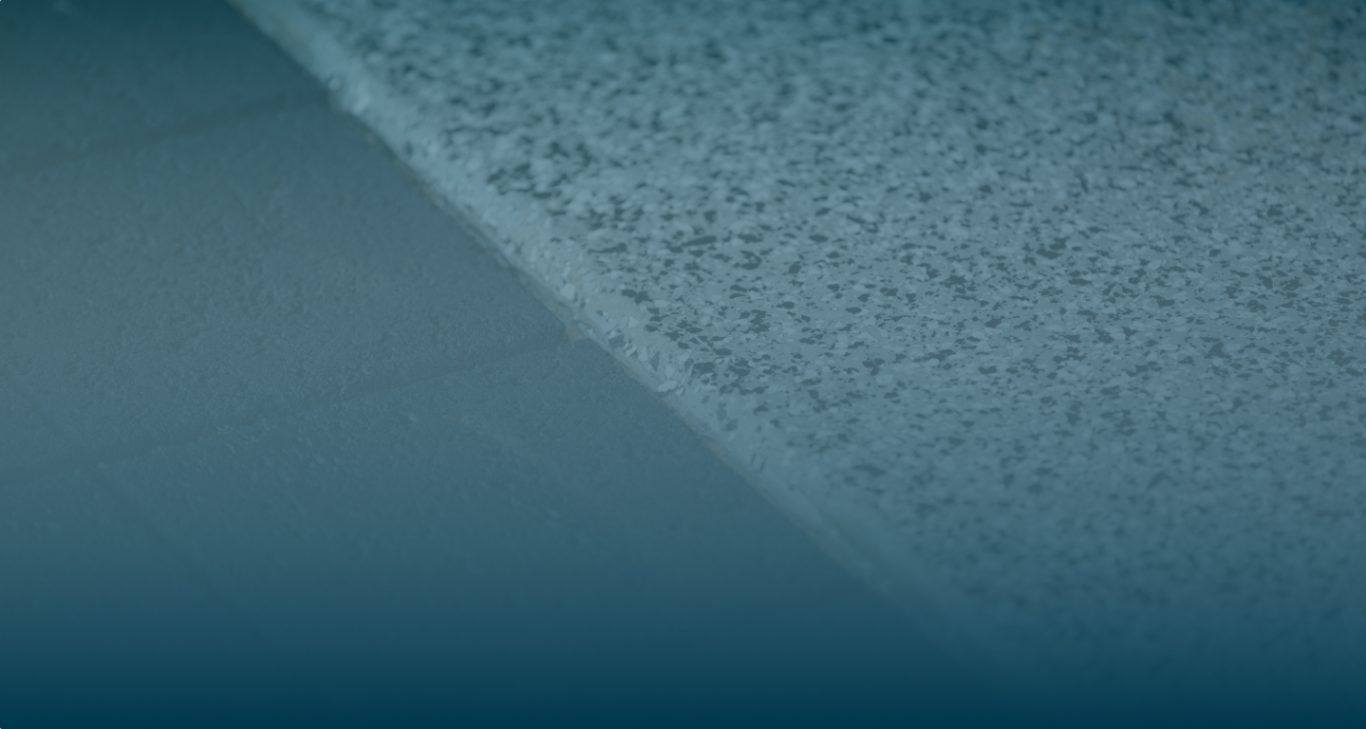Driveway sealing involves adding a protective coating to concrete or brickwork to protect it from the elements, tyre marks and oil stains. Laying concrete or block paving can be expensive, so it’s worth looking after your investment with regular maintenance. Driveway sealing costs can vary depending on the size and substance being sealed.
When do I need to seal a driveway?
The end of autumn and early summer is a good time of year for driveway sealing; the weather is dry, and not a lot of leaves and seeds are falling.
How often you need to seal a driveway depends entirely on the type of product you’re protecting.
Concrete driveways should be sealed every four to five years to protect them from water penetration. As a homeowner, you may opt for more frequent driveway cleaning, something that will be included in your Kleenit driveway sealing quote.
Asphalt driveways should be resealed, at most, every two to three years. More frequent resealing to maintain that jet black finish can actually lead to more hairline cracks and peeling.
Brick paving or block paving may come with a recommended maintenance schedule at the time of purchase. If you’re not aware of the type of brick, depending on the material, every two to three years should be sufficient for brick driveway sealing.
What are the benefits of driveway sealing?
Many people believe that concrete driveways don’t need maintenance, but this couldn’t be further from the truth.
Regular driveway sealing reduces the amount of water that can soak into the surface. What’s so bad about water? In warm climates, it can lead to mould and algae. In cold climates, the freeze-thaw cycle will crack concrete over time, eventually requiring a complete replacement of the driveway.
Driveway sealing adds to the street appeal of a home, as it reduces permanent staining from tyres, oil and tree-fall.
Do I need to clean before my driveway sealing?
To ensure the longest-lasting driveway sealing, the area being sealed will need to be professionally cleaned with a pressure washer. With Kleenit, the cost of doing so will be included in your quote.
We recommend moving furniture and other bulky items out from the driveway/garage/patio to ensure an even and complete coat.
Driveway maintenance may also include the repair of cracks and holes in concrete and/or oil stain removal. Patching cracks in concrete will most likely be noticeable, and in these cases, the Kleenit crew may recommend a tinted driveway sealant.
How much does it cost to clean and seal a driveway?
There is no set square metre rate for sealing a driveway, as jobs vary based on scope and difficulty, staining or driveway repair costs. You may find it more cost-effective to have larger areas taken care of at the same time, such as resealing the patio or pool surrounds.
What does driveway sealing entail?
To begin, driveway sealing will involve a high pressure washer clean to remove weeds, soil particulate, algae and old stains. In some cases, oil stain removal from driveways and carports will require hot water pressure washing and chemical treatment. The concrete or brickwork will then require time to dry.
Your Kleenit professional will then swap out their water tank for a suitable driveway sealer. Sealing concrete needs to be done in smooth, even passes, and all in one session, to ensure an even coat. Using gloves and a mask is essential to prevent excessive inhalation of the product — so watching the process from nearby is not recommended.
Where driveway sealing is next to a garden, your Kleenit professional will use a protection board to ensure excess spray drift doesn’t end up on plants or lawns.
The sealed surface then needs to be left to fully cure for 24 hours (though it will be touch-dry in considerably less time on a warm day). During this time, we recommend homeowners keep their young children and pets indoors to prevent accidental damage to the surface.
How do I treat oil stains on my driveway?
For fresh oil stains, you may be able to apply a degreaser to remove the stains. Be sure to trial the degreaser in an inconspicuous place to ensure it doesn’t react with the surface.
Older stains have usually soaked into the substrate of the driveway, in which case, professional hot-water high-pressure cleaning is recommended. Trisodium phosphate, or TSP, is available at most hardware stores and can be suitable for removing oil stains. Those applying need to be careful with runoff into drains as it can contribute to algal blooms in rivers and lakes.
Find driveway sealing services in Australia
Kleenit offers driveway sealing in most capital cities in Australia. Your local Kleenit representative can visit you for a safety-assured inspection and estimate. Or contact our head office with a photo and measurements of the area needing attention and we’ll provide a quote online.






